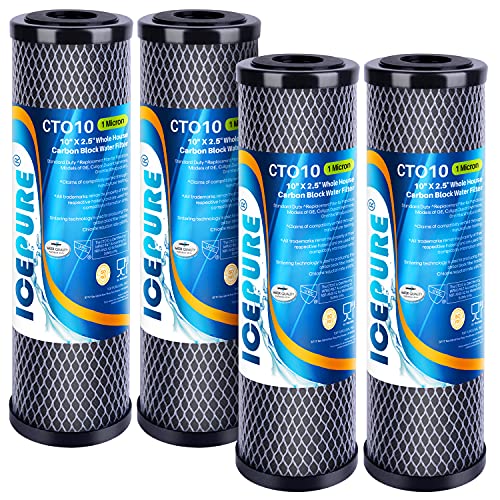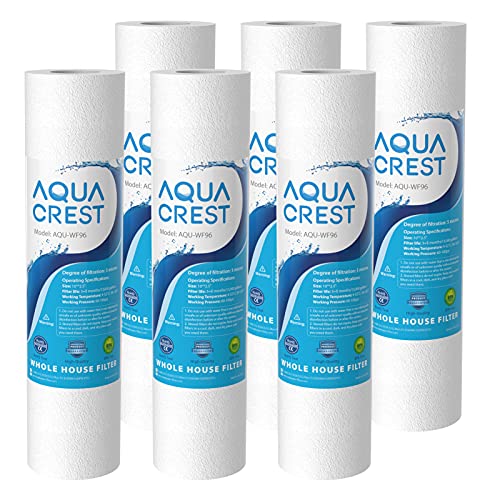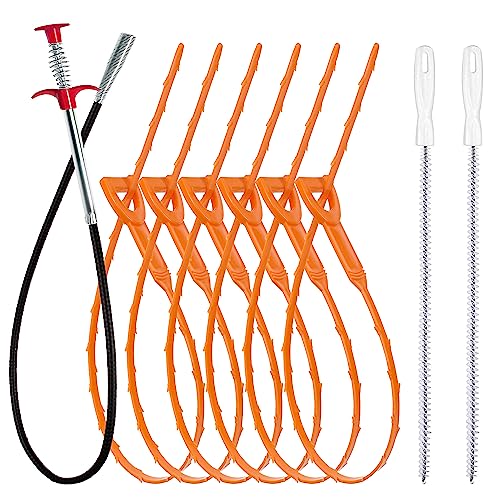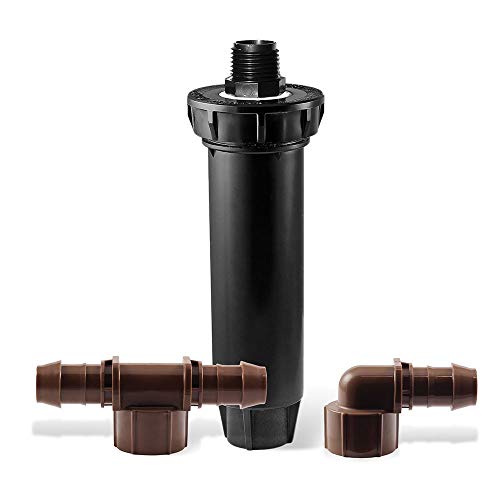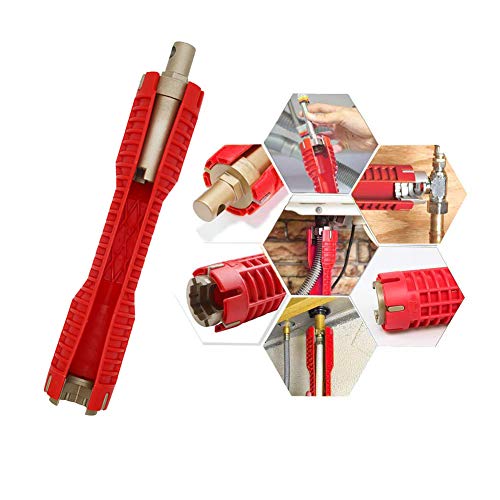rlyoung
Member
I'm replacing the plastic drain valve on a new 50 gallon electric water heater. It is being used only as a storage tank for a wood/solar system. I will replace the plastic valve with a metal ball valve, utilizing a 3" 3/4" dielectric nipple between the valve and the steel tank. The nipple came with a dry sealant of some sort already on the threads. Any reason I shouldn't/can't buff the sealant off and use Rectorseal 5 or T+2. ( I'm moving away from teflon tape, with or without a sealant) Thanks.
























![MEISTERFAKTUR drain snake 2.0 [50 FT] - with drill attachment - Ideal plumbing snake for sink and drain unblocking - Solid drain auger for real DYIs! (50 FT - 1/4 inch)](https://m.media-amazon.com/images/I/41VwmTiOsgL._SL500_.jpg)






